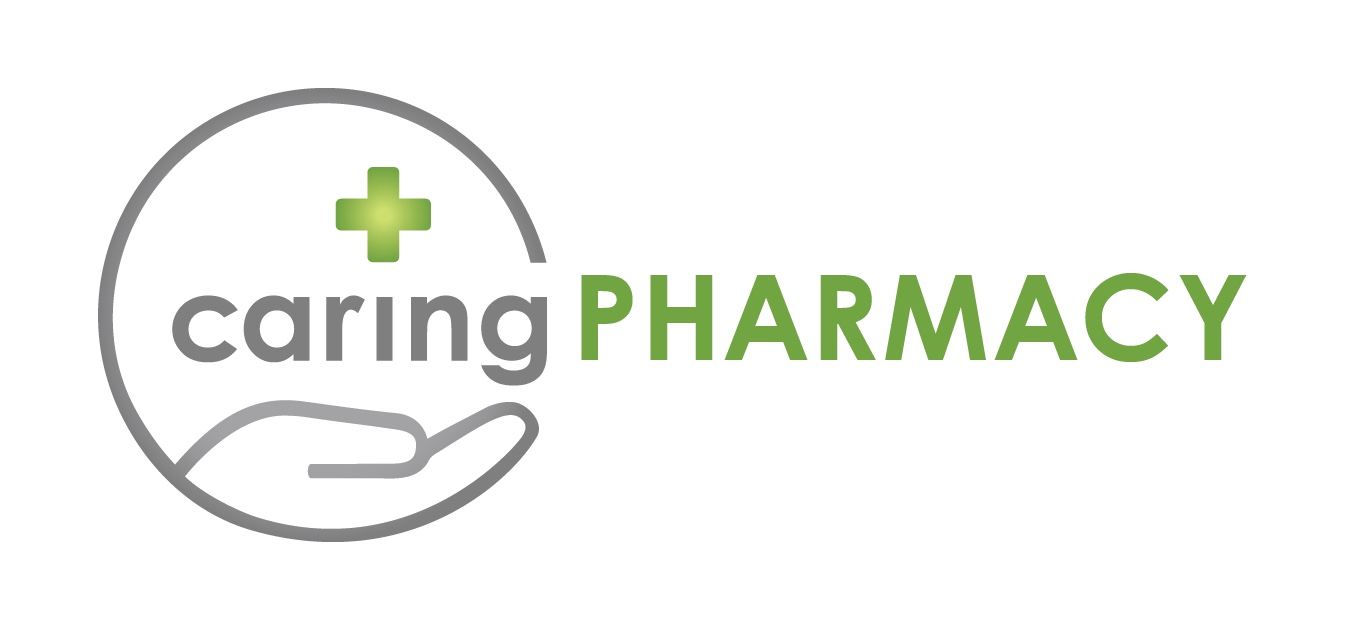September is a time for dazzling wildflowers, but it is also the season for allergies. If you experience sneezing, runny and itchy nose or eyes, you may have an allergic condition known as hay fever. Different people may be allergic to different triggers, which can include airborne pollens from plants, grasses and trees. There are many things you can do to help relieve and prevent the symptoms of hay fever.
What is hay fever?
Hay fever, also known as allergic rhinitis (which affects the nose and nasal cavity) or allergic conjunctivitis (which affects the eyes), can occur when you come into contact with an allergen, most common pollens in the air. During the spring season, pollen counts are often higher than other times of the year, which is why allergic symptoms are most common between September and November in Australia.
How do I know I have hay fever? What are the symptoms?
You may experience symptoms affecting the nose, eyes, throat or even skin, in some cases. If pollens are the trigger for your hay fever, these symptoms may be worse when the pollen counts are high.
These symptoms can include:
• Itchy nose, throat or eyes
• Runny nose with clear, watery discharge
• Blocked nose
• Sneezing
• Red, puffy and watery eyes
• Post-nasal drip, which is a condition when discharge from your nose runs down and tickles the back of the throat, and in some cases may cause a cough
• Reduced sense of taste and smell
• Mild pain or pressure around the eyes, forehead and cheeks
• Tiredness and feeling run-down
Is there something I can take or use to relieve these allergic symptoms?
The answer is simple – YES!
The symptoms of hay fever can be annoying, uncomfortable and may also affect your concentration and how you feel overall. There are a wide variety of medicines that can help relieve the symptoms.
These include tablets or capsules which you can take orally, nose sprays and eye drops. If you suffer from hay fever regularly or every year during particular times of the year, some of these medicines may be used prophylactically (which means ‘preventatively’) to prevent the symptoms.
These treatment options include antihistamines, decongestants, corticosteroid nose sprays, saline nose sprays or irrigations, eye preparations and others. The most appropriate treatment options may vary depending on the types and severity of your symptoms, so come in today and speak to one of our caring pharmacists for a tailored advice!
Are there any other things I can do to manage the symptoms?
As hay fever is an allergic condition, it is helpful to try to find out the things that are causing your allergy symptoms. Once you identify the triggers, you can then take steps to avoid them. The following are some self-care tips which you might find useful:
• Avoid going outdoors when the pollen counts are high
• Wear wrap-around sunglasses when outdoor
• Wear a face marks when gardening
• Vacuum and clean your house regularly
• Keep car windows closed when driving
• Replace carpets at home with hard surfaces which can be cleaned easily, such as tiles or timber
• Use low allergy bedding and wash your bed linen regularly in hot water
• Wash soft toys regularly in hot water
• Remove unnecessary dust collectors at home
At Caring Pharmacies, our team of Caring Pharmacists and staff are trained to provide you with the advice you need to manage your symptoms of hay fever. Walk in or give us a call today, no appointments necessary. We look forward to helping you!




